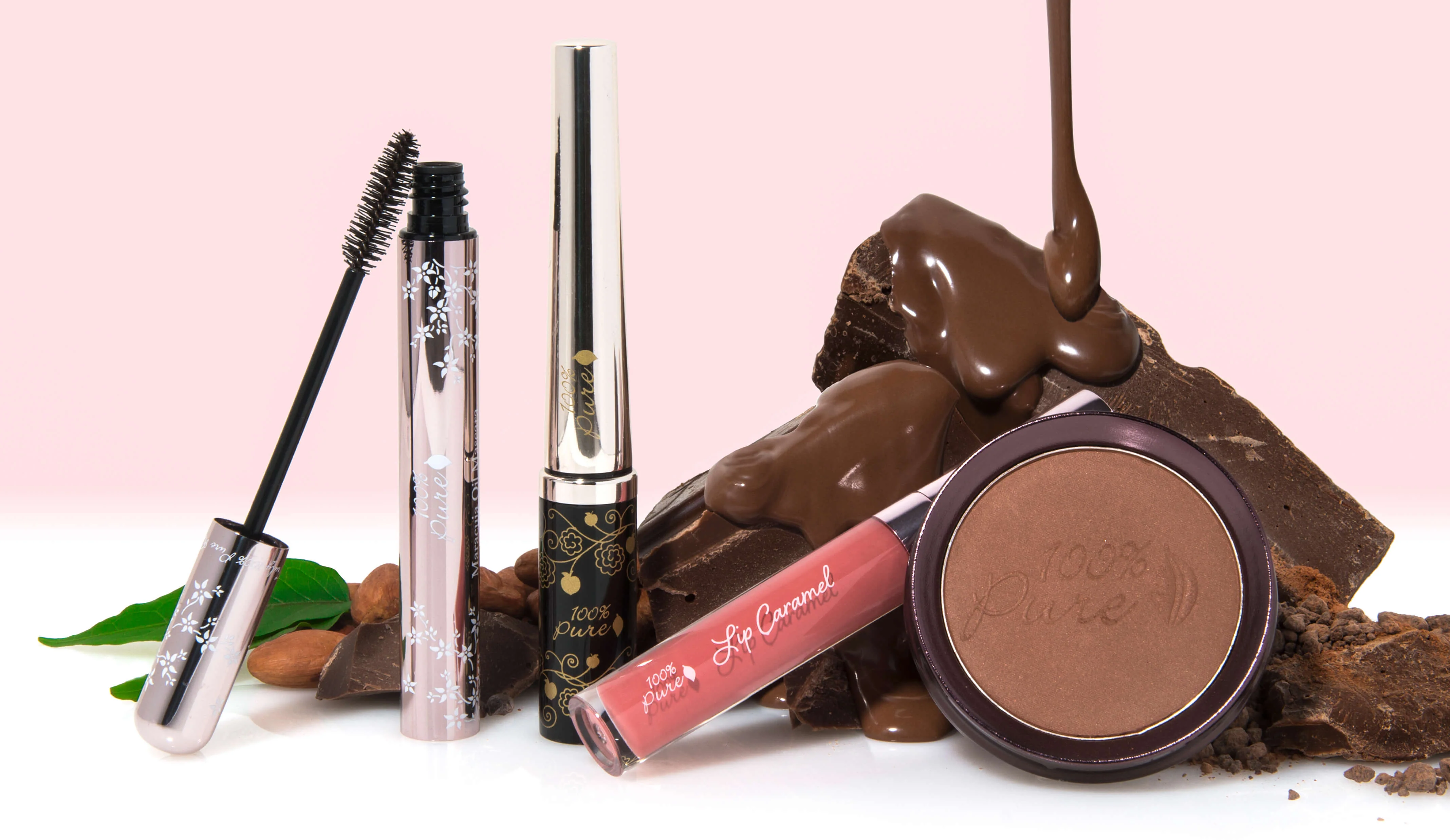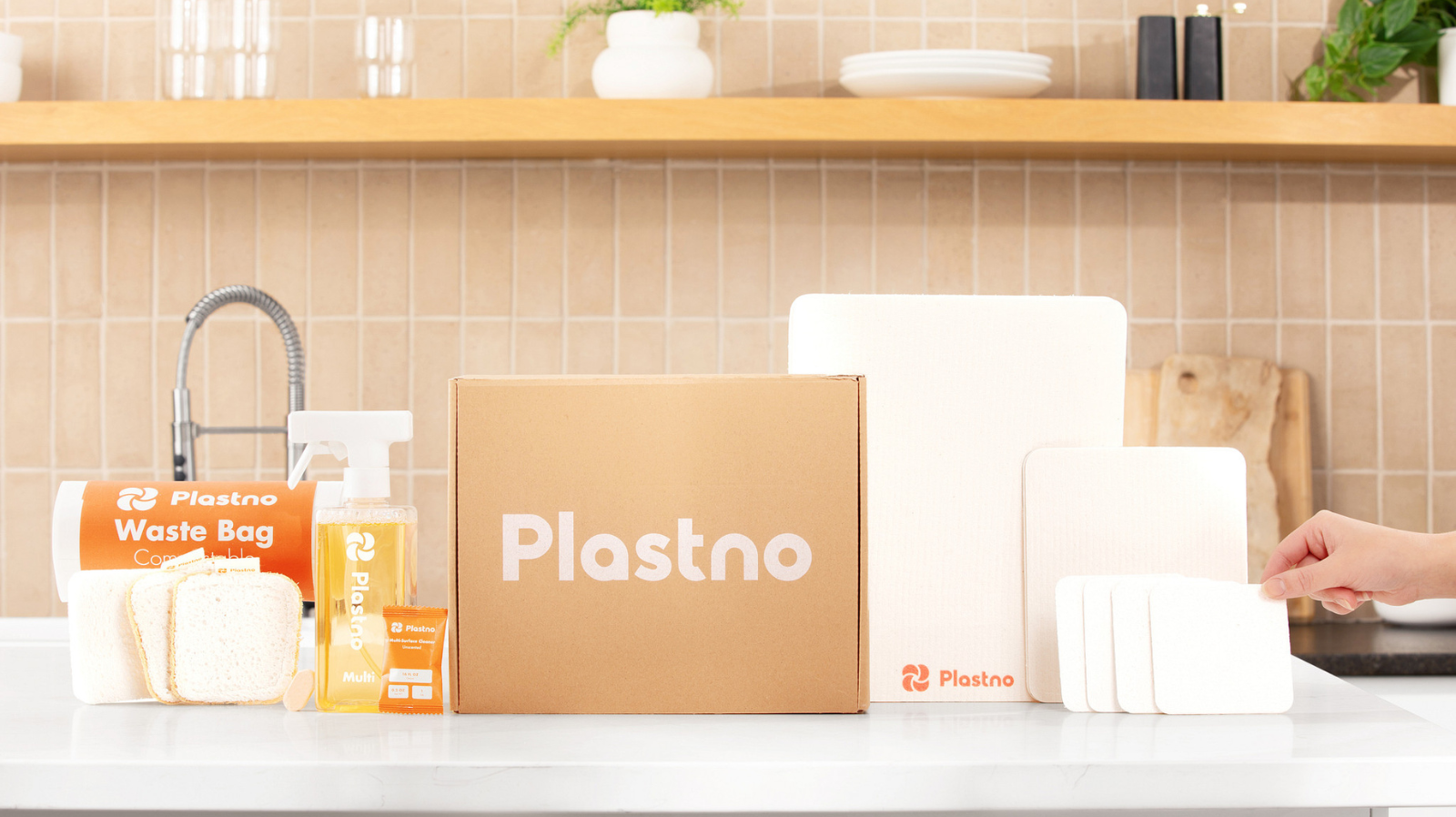Our Top Picks
Green Hive is reader-supported. When you purchase through links on our site, we may earn an affiliate commission. To understand our thorough approach to rating brands and products, explore our comprehensive methodology.
Our Top Picks
Green Hive is reader-supported. When you purchase through links on our site, we may earn an affiliate commission. To understand our thorough approach to rating brands and products, explore our comprehensive methodology.
Key takeaways
- Sustainable bedding is made from materials grown and harvested in an environmentally friendly way.
- The foundation of any eco-conscious bedding brand lies in selecting materials that are gentle on the planet and provide superior comfort.
- Hemp, organic cotton, and bamboo are among the most popular sustainable bedding materials.
Introduction
We spend roughly one-third of our lives in bed, so it's important to choose bedding that is comfortable, healthy, and sustainable. Sustainable bedding is made from materials that are grown and harvested in an environmentally friendly way, and it is often produced using less energy and water than traditional bedding materials. These materials often have fewer chemical residues, promoting better indoor air quality and reducing potential allergens. Collectively, our choices in bedding can have a positive impact on reducing the ecological footprint, contributing to a healthier planet for future generations.
Top Sustainable Bedding Materials
We can't discuss sustainable bedding brands without first assessing the materials used. The foundation of any eco-conscious bedding brand lies in selecting materials that are gentle on the planet and provide superior comfort. From organic cotton and bamboo to innovative options like Tencel and hemp, these materials offer environmental benefits and contribute to a more restful night's sleep. Let's dive deeper into the key materials that define the ethos of sustainable bedding brands and explore how they make a significant difference in our bedrooms and the world at large.
Organic Cotton
Organic cotton is a standout choice for sustainable bedding due to its impressive eco-friendly attributes. At the heart of its sustainability lies the cultivation process. Unlike conventional cotton farming, which relies heavily on synthetic pesticides and chemical fertilizers, organic cotton is grown using natural and environmentally responsible practices.

Organic cotton farms prioritize soil health through methods like crop rotation and the use of natural pest controls, reducing the need for harmful chemicals. This safeguards the environment and ensures that the soil remains fertile and resilient for future crops.
Water conservation is another noteworthy aspect. Organic cotton farms typically employ efficient irrigation techniques and rely on rain-fed farming, minimizing water usage compared to conventional cotton farming, notorious for its high water demands.
When it comes to bedding, the sustainability of organic cotton extends to the finished product. Organic cotton sheets, duvet covers, and pillowcases are typically free from the residues of synthetic chemicals, making them hypoallergenic and suitable for those with sensitivities. Moreover, organic cotton bedding is known for its durability, which means it lasts longer and reduces the frequency of replacements, further reducing its environmental footprint.
Linen
Linen is a remarkable sustainable bedding material with a host of eco-friendly credentials. It starts with the source – flax plants. These plants are hardy and require minimal water and pesticides to grow, making linen a natural choice for environmentally conscious consumers.

Linen's production process is also notably green. It involves fewer chemicals and energy compared to some other textiles. What's more, nearly every part of the flax plant is used, minimizing waste and maximizing resource efficiency.
In terms of use, linen bedding boasts several sustainability benefits. It's exceptionally durable, which means it can withstand years of use without showing signs of wear and tear. This durability reduces the need for frequent replacements and contributes to lower resource consumption in the long run. Linen is also known for its breathability and moisture-wicking properties, keeping you cool in the summer and warm in the winter. This natural temperature regulation can reduce the need for heating or cooling, further lowering your environmental impact.
Hemp
Hemp is a remarkable sustainable bedding material with several compelling sustainability credentials. Its journey towards becoming a sustainable choice begins with its cultivation. Hemp is known for its rapid growth and resilience, requiring minimal water and no pesticides or herbicides during its growth cycle. This makes it an eco-friendly alternative to other bedding materials that have more resource-intensive cultivation processes.

Hemp is also prized for its versatility, as nearly every part of the plant can be utilized. This minimizes waste and maximizes resource efficiency in production, contributing to its sustainability. From a consumer perspective, hemp bedding offers numerous advantages. It is exceptionally durable and capable of withstanding years of use without showing significant signs of wear and tear. This durability not only extends the lifespan of the bedding but also reduces the frequency of replacements, thus decreasing resource consumption.
Additionally, hemp fibers are naturally resistant to mold and mildew, making them a low-maintenance choice for bedding. This quality can reduce the need for harsh chemical treatments or frequent washings, further contributing to eco-conscious living.
Bamboo
Bamboo is a sustainable bedding material known for its impressive environmental credentials. What makes bamboo particularly eco-friendly is its source – the bamboo plant itself. Bamboo is one of the fastest-growing plants on Earth and can mature in just a few years, making it a highly renewable resource.

Bamboo cultivation requires minimal water compared to many other crops, and it typically thrives without synthetic pesticides or herbicides. This results in a lower environmental impact during the growth phase. Bamboo can often be harvested without harming the plant, as it regenerates naturally from its roots.
In the production process, bamboo fibers can be processed using eco-friendly methods, such as closed-loop systems that minimize chemical waste and pollution. This further reduces the ecological footprint of bamboo bedding. From a comfort perspective, bamboo bedding offers several advantages. It is naturally hypoallergenic, resistant to dust mites, and has moisture-wicking properties that keep you cool and dry throughout the night.
Sustainable Bedding Brands
It's not enough to know these sustainable materials. It is equally important to know the brands that are committed to incorporating them into their bedding products. Here are the most sustainable bedding brands for you:
Made Trade
Made Trade is a brand dedicated to sustainability. They offer a diverse selection of bedding products, from sheets to pillows to baby blankets, all crafted from natural and sustainable materials such as bamboo, wool, and GOTS-certified organic cotton. One of Made Trade's key strengths is its commitment to sustainability and ethical practices. They prioritize materials that are biodegradable, naturally hypoallergenic, and breathable, ensuring that their bedding benefits the planet and offers a comfortable and healthy sleep experience for customers, especially those with sensitivities.

Made Trade partners with leading eco-friendly bedding brands like Ettitude, showcasing a commitment to collaborating with like-minded companies in the sustainable and ethical space. This indicates their dedication to providing high-quality, eco-conscious products to their customers. Their product range extends beyond basic bedding essentials, offering items like fair trade blankets, quilts, decorative pillows, and bedding shams to help customers create a cozy and stylish bedroom environment.
Pact
When we discuss organic bedding brands making sustainable bed sheets, we must mention Pact. Pact offers a range of organic fabrics, including sheets, shams, and duvet covers. What sets these products apart is that they are all made with 100 percent organic cotton, which is sourced in a Fair Trade-certified factory. This ensures that the entire supply chain, from the cultivation of cotton to the manufacturing of the final products, supports fair wages and ethical working conditions for those involved.

Furthermore, Pact proudly highlights its certification by the Global Organic Textile Standard, which is recognized as the leading standard for organic farming and manufacturing. This certification provides additional assurance to customers that Pact's products meet rigorous organic and sustainability criteria.
SOL Organics
SOL Organics is a brand built on the tenet of ethical luxury. At the core of SOL Organics' commitment to sustainability is their use of the finest 100% organic long-staple cotton sourced from non-GMO cotton seeds. This choice not only ensures the highest level of comfort for their customers but also reflects their dedication to better farming practices that positively impact the environment.

SOL Organics' beddings come in percale, sateen, linen, and brushed flannel. This array of options allows you to choose the bedding that perfectly suits your personal preferences and sleep style. Whether you prefer the crisp and cool percale feel, the smooth and luxurious sateen touch, the breathability and natural texture of linen, or the cozy warmth of brushed flannel, SOL Organics has thoughtfully curated a selection to cater to your specific needs.
Savvy Rest
Savvy Rest is another prominent sustainable bedding brand you should consider. They have a diverse range of organic and natural bedding products. Savvy Rest places a strong emphasis on utilizing organic and natural materials in crafting their bedding products. This includes the use of organic cotton, organic wool, and other eco-friendly natural fibers. These materials are carefully sourced and processed to minimize their environmental impact.

Savvy Rest offers an extensive selection of bedding options, encompassing sheets, mattress toppers, body pillows, and duvet covers, enabling customers to build a holistic and eco-friendly sleep environment tailored to their preferences. For health-conscious consumers, Savvy Rest provides organic allergy encasements and pillow covers made of organic cotton fabric designed to block allergens effectively.
Factors to Consider When Shopping for Sustainable Beddings
When shopping for sustainable bedding, several factors should be considered to ensure that your choices align with eco-conscious and ethical values. Here are the key factors to keep in mind:

Materials: Look for bedding made from sustainable and renewable materials. Organic cotton, bamboo, linen, hemp, and Tencel (Lyocell) are popular choices known for their minimal environmental impact.
Certifications: Check for third-party certifications such as Global Organic Textile Standard (GOTS), OEKO-TEX, and Fair Trade. These certifications confirm that the bedding meets specific environmental and ethical standards.
Transparency: Research the brand's commitment to transparency. Brands that openly share information about their sourcing, manufacturing processes, and supply chain practices are often more trustworthy.
Ethical Sourcing: Support brands that prioritize fair labor practices and ethical treatment of workers throughout their supply chain. Look for certifications like Fair Trade to ensure fair wages and safe working conditions.
Dyes and Finishes: Consider bedding that uses low-impact or natural dyes and finishes, as these are less harmful to the environment and human health compared to conventional chemical treatments.
Durability: Choose bedding known for its durability. Longer-lasting bedding reduces the frequency of replacements, conserving resources in the long run.
Waste Reduction: Opt for eco-friendly bedding companies that minimize waste through eco-friendly production processes and recycling initiatives.
Water and Energy Efficiency: Look for brands that prioritize water and energy efficiency in their manufacturing processes, reducing their environmental footprint.
FAQs
What is the most environmentally friendly bedding?
The most environmentally friendly bedding is any bedding with a focus on sustainability, ethical practices, and reduced environmental impact. This includes bedding made from certified organic materials like organic cotton, bamboo, or linen.

Organic materials are grown without synthetic pesticides and often require less water, making them eco-friendly choices. Additionally, bedding from brands that prioritize fair labor practices, use eco-conscious manufacturing processes and reduce waste can also be considered environmentally friendly.
What is eco-friendly bedding?
Eco-friendly bedding refers to bedding products that prioritize environmental sustainability and minimize their impact on the planet. These bedding options are designed with a focus on reducing resource consumption, minimizing waste, and promoting responsible manufacturing and sourcing practices.
Is bamboo bedding ethical?
Bamboo bedding is ethical when it is sourced and manufactured in ways that prioritize environmental sustainability and responsible practices.
What are the disadvantages of bamboo sheets?
Bamboo sheets, while considered eco-friendly and comfortable, may have a few disadvantages. They can be more expensive than other types of sheets, such as cotton or linen. Also, they are prone to wrinkling, especially if they are not dried properly. Bamboo sheets may not be as durable as other types of sheets and may need to be replaced more often. It’s also important to note that some bamboo sheets are made using chemicals that can harm the environment. Thus, choosing organic sheets made from sustainable bamboo and processed ethically is important.
Is bamboo better for the environment than cotton?
Bamboo is a better material for the environment than conventional cotton as it is a fast-growing plant that requires significantly less water for cultivation than conventional cotton. This reduced water usage conserves precious freshwater resources and lessens the environmental impact associated with water-intensive farming practices. Moreover, bamboo's ability to thrive with minimal chemical inputs further contributes to its eco-friendliness. As a highly renewable resource, bamboo offers a sustainable alternative to conventional cotton, making it an environmentally conscious choice for those looking to reduce their ecological footprint in textiles and bedding.
Are silk sheets eco-friendly?
Silk sheets are not typically considered eco-friendly. Silk production involves resource-intensive processes, including water use and the energy required for silk spinning. Additionally, silk is primarily derived from silkworms, which involves the harvesting of the worms and can raise ethical concerns. Alternative eco-friendly bedding materials like organic cotton, bamboo, and linen are often preferred for their lower environmental impact.
Conclusions
In the pursuit of a more sustainable lifestyle, even our choices in bedding can make a significant impact. Sustainable bedding offers a harmonious blend of comfort, ethical practices, and eco-consciousness, allowing us to rest peacefully while minimizing our environmental footprint. If you aren’t using eco-friendly bedding, this is your sign to start. If you’re already using them, this is your sign to continue making that wise choice.
Curtis, G. (2023). Your Life In Numbers. The Sleep Matters Club. https://www.dreams.co.uk/sleep-matters-club/your-life-in-numbers-infographic

.png)


.webp)













.png)
.png)



.svg)
